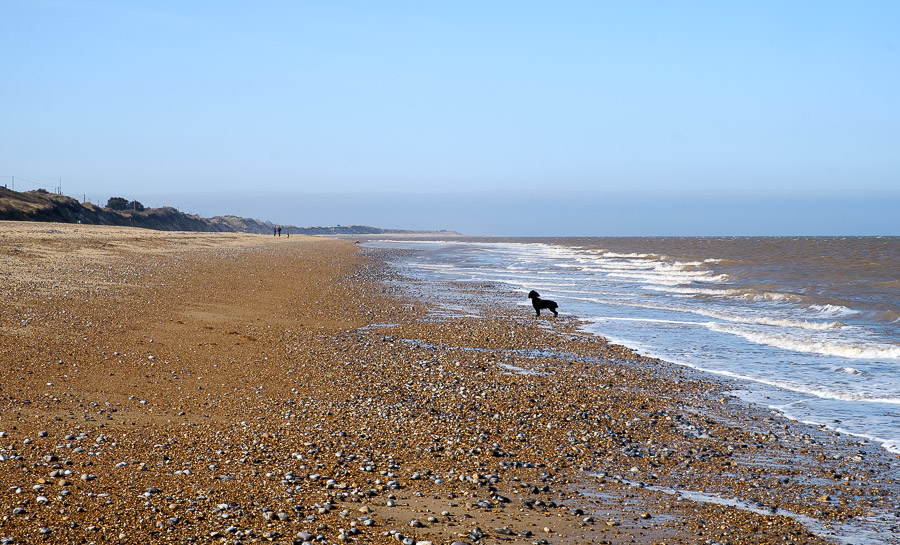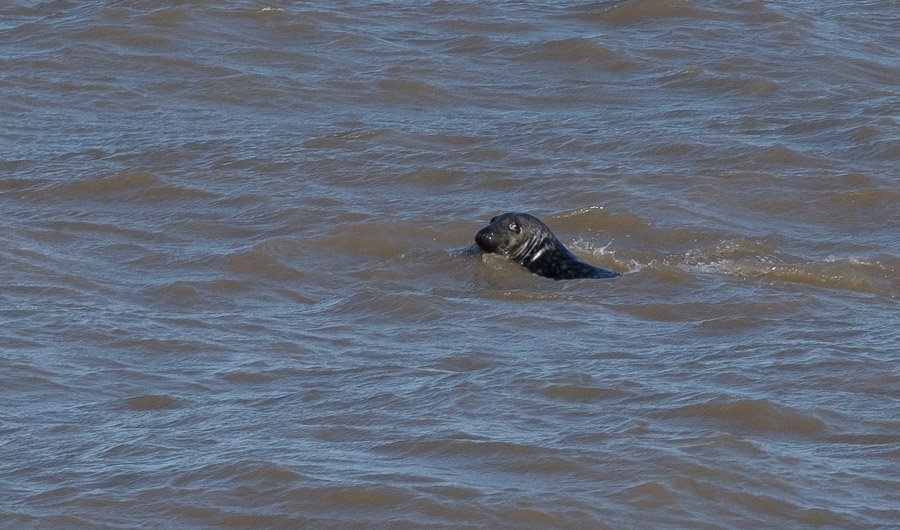One of the things that has always intrigued me about Elon Musk is that he’s not really a great speaker.
Most people who are leading the types of operations he’s leading, having the impact he’s having, are very confident, eloquent orators. Elon, in contrast, has these wonderful world-changing ideas and yet bumbles on about them in the sort of way that, perhaps, you or I might do. I think that’s part of what makes him so attractive. He feels like, well, one of us, but with just a bit more confidence in his gut feelings. Oh, and a few more billion dollars, but that isn’t the thing you notice most.
That’s not to say that his words, stumbling though they sometimes are, don’t have real nuggets of gold in them. It’s well worth watching this TED talk where Chris Anderson asks about his various projects, though with too little time to go into any one in any depth, alas. It’s all intriguing stuff, but the best bit is at the end:
Chris Anderson:
Elon, it almost seems, listening to you and looking at the different things you’ve done, that you’ve got this unique double motivation on everything that I find so interesting. One is this desire to work for humanity’s long-term good. The other is the desire to do something exciting. And often it feels like you feel like you need the one to drive the other. With Tesla, you want to have sustainable energy, so you made these super sexy, exciting cars to do it. Solar energy, we need to get there, so we need to make these beautiful roofs. We haven’t even spoken about your newest thing, which we don’t have time to do, but you want to save humanity from bad AI, and so you’re going to create this really cool brain-machine interface to give us all infinite memory and telepathy and so forth. And on Mars, it feels like what you’re saying is, yeah, we need to save humanity and have a backup plan, but also we need to inspire humanity, and this is a way to inspire.
Elon Musk:
I think the value of beauty and inspiration is very much underrated, no question. But I want to be clear. I’m not trying to be anyone’s saviour. That is not the…
I’m just trying to think about the future and not be sad.





Recent Comments